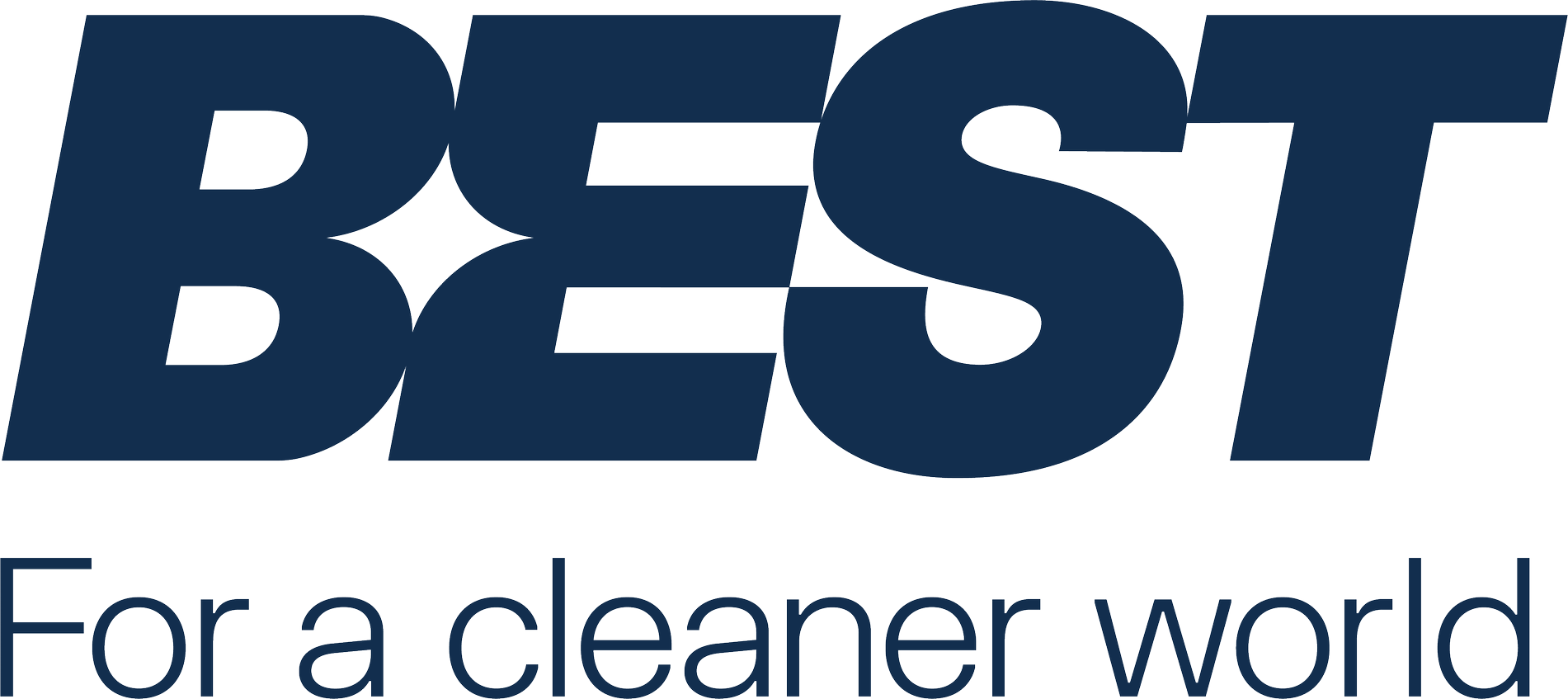Staff - Non Union Job Category M&P - AAPS Job Profile AAPS Salaried - Scientific Eng., Level A Job Title Scientific Engineer Department Ordonez | Department of Electrical and Computer Engineering | Faculty of Applied Science Compensation Range $6,251.00 - $8,986.00 CAD Monthly The Compensation Range is the span between the minimum and maximum base salary for a position. The midpoint of the range is approximately halfway between the minimum and the maximum and represents an employee that possesses full job knowledge, qualifications and experience for the position. In the normal course, employees will be hired, transferred or promoted between the minimum and midpoint of the salary range for a job. Posting End Date October 31, 2025 Note: Applications will be accepted until 11:59 PM on the Posting End Date. Job End Date October 30, 2026 At UBC, we believe that attracting and sustaining a diverse workforce is key to the successful pursuit of excellence in research, innovation, and learning for all faculty, staff and students. Our commitment to employment equity helps achieve inclusion and fairness, brings rich diversity to UBC as a workplace, and creates the necessary conditions for a rewarding career. Job Summary The Scientific Engineering position is responsible for supporting experimental and analytical research activities within the Power Laboratory at UBC. This position involves designing and managing highly specialized research equipment, overseeing laboratory safety and compliance, and supporting the development of experimental prototypes. The role includes equipment procurement, inventory management, and operational support for IT and software systems. Additionally, the Scientific Engineer will develop and implement protocols to ensure safety, functionality, and compliance in lab operations. Organizational Status This role reports to the Principal Investigator, Dr. Martin Ordonez, who leads the Power Laboratory. The position works closely with graduate students, postdoctoral fellows, research associates, and external collaborators. The Scientific Engineer will collaborate with both internal and external stakeholders to ensure efficient project execution and lab operations. Work Performed Leads Engineering Efforts: Oversees the engineering aspects of the research team, including planning, designing, and implementing electrical energy systems. Team and Resource Management: Manages team resources by supervising and coordinating technical staff and guiding students on technical work, while providing coordination and advice to those building components or equipment. Research Equipment Planning and Execution: Defines and executes comprehensive plans for the selection, implementation, testing, and calibration of research equipment related to electrical energy conversion and storage. Innovative Test Setup Design: Designs and develops complex and cutting-edge test setups (e.g., resonant power conversion, power factor correction, nonlinearly-controlled power conversion systems) for advanced electrical energy conversion and storage research. Hardware and Software Design: Designs electrical hardware, including PCB layouts and energy distribution systems, and develops software, such as C-based microcontroller firmware, for high-efficiency power conversion research. Training and Knowledge Transfer: Trains short-term collaborators involved in the Campus as a Living Lab initiative on power flow control fundamentals, power quality, and switch-mode power conversion systems. Project Documentation: Prepares thorough project documentation, including circuit schematic drafting, goal formulation, milestone tracking, workflow details, cost estimation, and comprehensive procedure manuals. Supervision of Experimental Setups: Works with graduate students and supervises the setup of experimental R&D projects. Consequence of Error/Judgement Effective management of the Power Laboratory’s resources is critical to the success of ongoing research projects. Failure to ensure equipment functionality, safety compliance, and proper inventory management may lead to delays in research and could compromise safety. The Scientific Engineer must exercise significant independent judgment in maintaining safety and operational standards to avoid potential harm and inefficiencies. Supervision Received Works under minimal supervision from the Principal Investigator. The role requires significant autonomy in decision-making related to laboratory operations, equipment management, and safety protocol development. Supervision Given May provide technical guidance and direction to graduate students, postdoctoral fellows, and other lab personnel on the design and implementation of experimental setups and safety procedures. Minimum Qualifications Undergraduate degree in Engineering or Applied Science. Minimum of one year of related experience, or the equivalent combination of education and experience. - Willingness to respect diverse perspectives, including perspectives in conflict with one’s own - Demonstrates a commitment to enhancing one’s own awareness, knowledge, and skills related to equity, diversity, and inclusion Preferred Qualifications - A Master’s degree in Power Engineering or a related field is preferred. - Experience in the design and safety compliance of PCB prototypes is desirable. - Strong project management skills with experience in operational support, inventory management, and IT systems within a research laboratory. The University of British Columbia is a global centre for research and teaching, consistently ranked among the top 20 public universities globally. A large part of what makes us unique is the community of engaged students, faculty, and staff who are collectively committed to shaping a better world. Recognized as a leading employer in British Columbia and Canada, UBC supports inspired students, faculty and staff on their journey of discovery, and challenges them to realize their greatest potential. New ideas, changing infrastructure, innovative technology, and fresh approaches are opening up possibilities for the future of research, teaching, and work. Are you ready to embrace the future together? Equity and diversity are essential to academic excellence. An open and diverse community fosters the inclusion of voices that have been underrepresented or discouraged. We encourage applications from members of groups that have been marginalized on any grounds enumerated under the B.C. Human Rights Code, including sex, sexual orientation, gender identity or expression, racialization, disability, political belief, religion, marital or family status, age, and/or status as a First Nation, Metis, Inuit, and/or Indigenous person. All qualified candidates are encouraged to apply; however Canadians and permanent residents will be given priority. If you have any accommodation or accessibility needs during the job application process, please contact the Centre for Workplace Accessibility at workplace.accessibility@ubc.ca.







